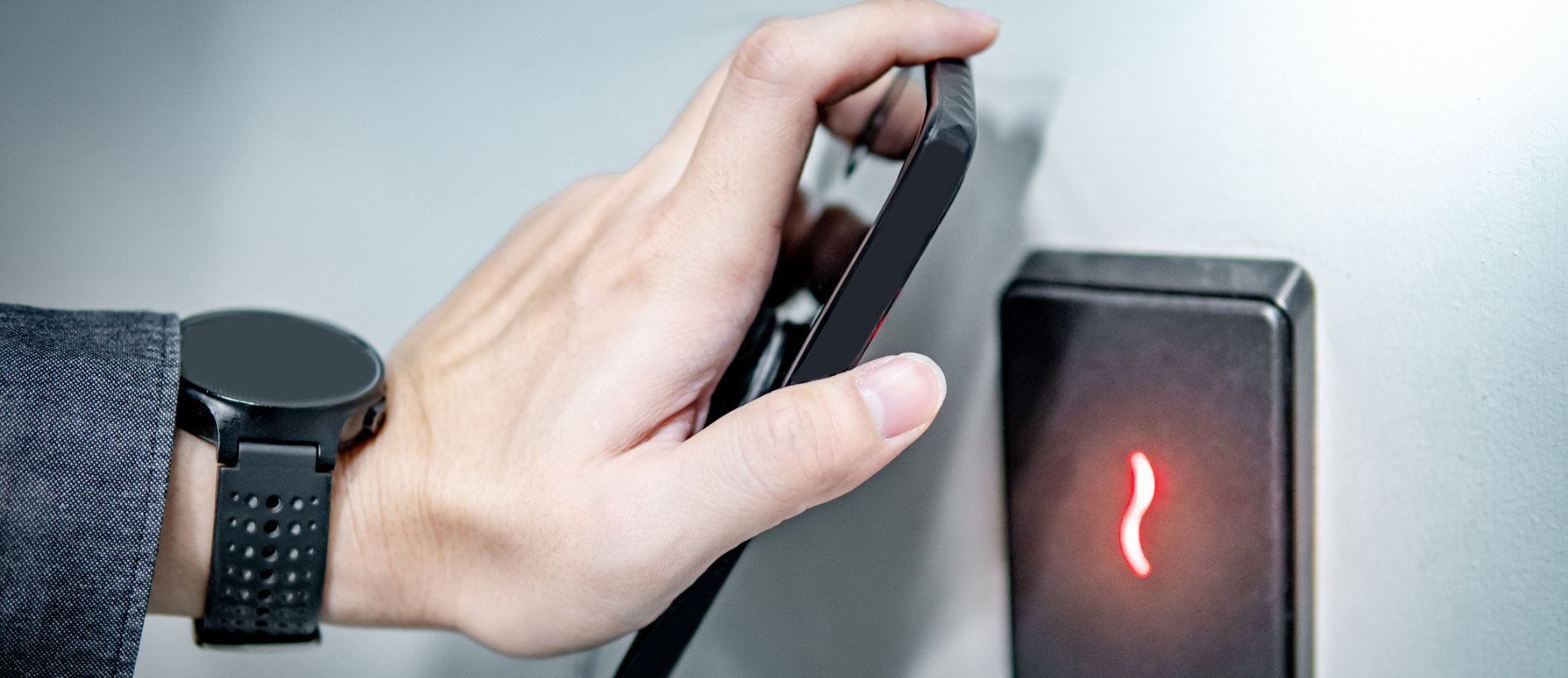The need for social distancing is shifting the focus on services and applications in the commercial real estate sector towards solutions that make staff feel safe when they finally return to the workplace. Employers are responsible for the protection of all workers in the gradual return to work.
While environmental health technology has been popularised in the past 18 months, more effective safety measures against Covid-19 are now being adopted. To place this into context, 94% of employees who took part in a recent survey (opens a new window) by Hubble HK and Lockton partner Concrete VC said that they felt detailed cleaning protocols with daily antiviral spraying was needed to make their employees feel far safer whilst at work post Covid-19.
In addition to more frequent and thorough cleaning, real estate firms are looking into technological solutions that reduce the risk of contracting Covid-19 as lockdown measures are relaxed.
PropTech has already played a significant role in enabling some property transactions to progress during the lockdown. For example, we have seen virtual reality being more readily adopted through the use of 3D tours (opens a new window). This viewing concept will continue to be important for estate agents to do day to day business, particularly with international buyers of property, with flights currently grounded, and quarantine measures in place prompting a large proportion of the workforce continuing to adopt ‘home working’ and other flexible working practices.
The commercial real estate sector had already discovered the benefits of technological applications based on data and insights for managing buildings prior to Covid-19, but the virus outbreak is likely to speed up their implementation.
Technologies that reduce the need for human contact, such as gesture-based building controls or applications that monitor the current occupancy on each floor to ensure social distancing remains viable, are particularly popular.
Based on the minimum distance between individuals required by governments and the available space in a specific building, technology can zone the usable area and show each unit, circulation space and customer/staff densities, enabling businesses to comply with regulation while protecting staff and customers.
Individuals’ movements can be monitored throughout the building, at floor level or at unit level in real time, creating an opportunity to manage the density levels by, for example, suggesting quieter times to shop or busy times to avoid. Lockton's partner Limitless (opens a new window)can break down data into busier units with heat maps to better illustrate when and where there is a higher density of people.
Going forward we anticipate a greater investment by businesses into PropTech to support safe work environments, with key innovations such as biometric technology in the place of key cards to access offices, and to limit the spread of germs from finger contamination on keypads.
The use of PropTech is no longer a ‘nice to have’ for forward looking real estate firms; we have seen it become a ‘must have’ for all employers in order to meet the expectations around newer higher standards of healthier, safer and cleaner workplaces, aligned to more flexible working patterns.
PropTech applications that generate revenue for landlords and/or create efficiencies to enhance profitability could also become more popular in the challenging economic environment following Covid-19. Internet of Things (IOT) technology which collects and analyses information about how space is used and allows changes that benefit the user experience and increases flexibility can help boost income for real estate firms and increase the value of a property.
It is the real estate firms that adopt suitable, user friendly PropTech solutions now for their employees, clients and tenants that will future proof their businesses in the full return to work, whatever the ‘new normal’ becomes, and ensure that they create a stronger business platform to protect their people and financial exposures in the face of future crises.

